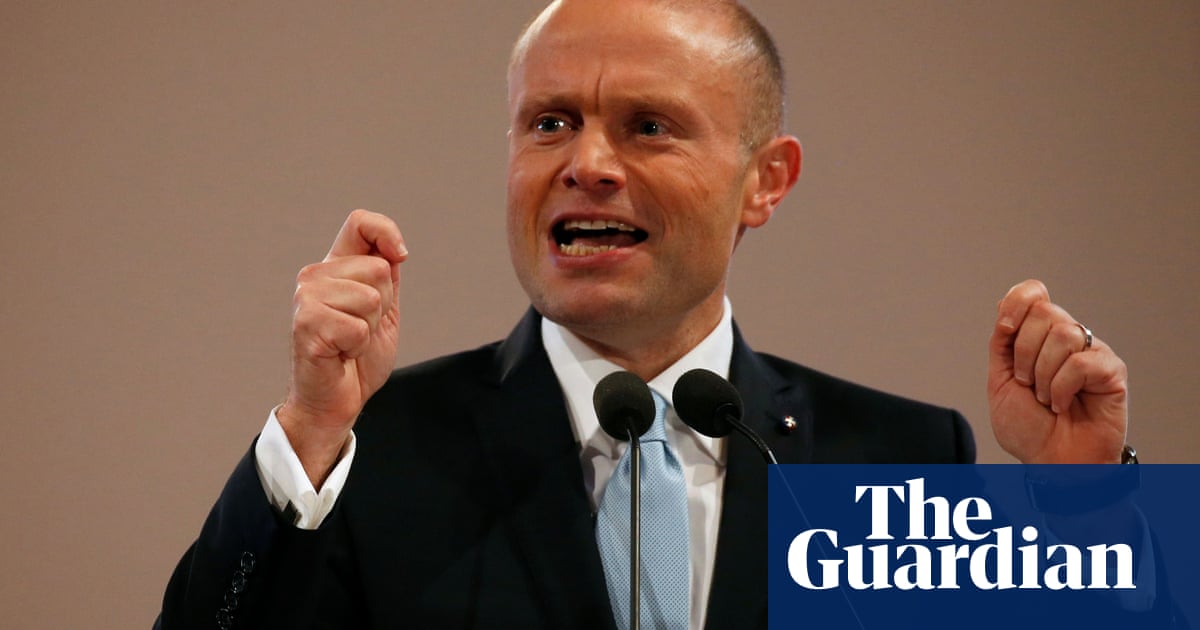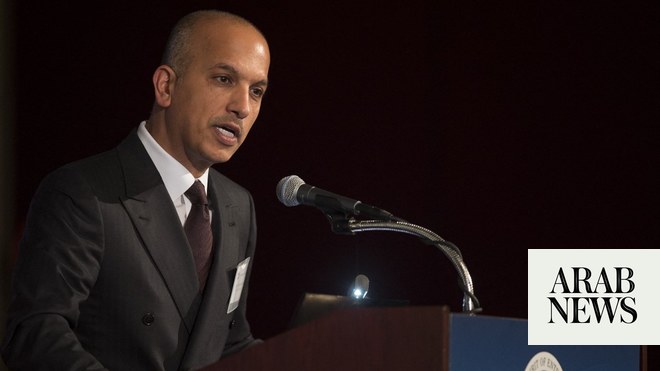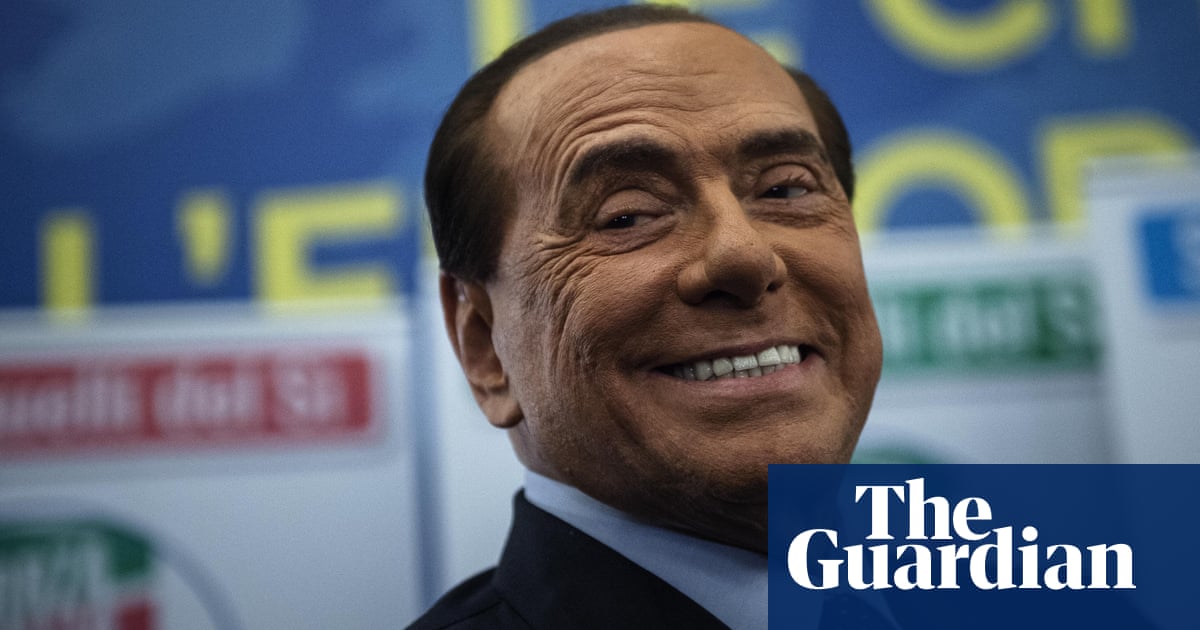
Malta’s former prime minister Joseph Muscat has been charged with corruption in a hospital privatisation scandal that was once investigated by the murdered investigative journalist Daphne Caruana Galizia.
Muscat has been charged with accepting bribes, corruption in public office and money laundering, according to documents seen by AFP. He has described the allegations as “fantasies and lies” and said he was the victim of a political vendetta.
Chris Fearne, Malta’s deputy prime minister, who is tipped to become Malta’s next European commissioner, and the country’s former finance minister Edward Scicluna, who is now the governor of Malta’s central bank, were charged with fraud, misappropriation and fraudulent gain.
Fearne, who was health minister at the time of the privatisation deal under investigation, said he had “absolutely no doubt that the court will find nothing other than my complete innocence”. Scicluna has not commented on the accusations, but has previously denied any wrongdoing.
Muscat’s former chief of staff, Keith Schembri, and Konrad Mizzi, a former minister, face charges including money laundering, soliciting bribes and corruption. Both men have denied the accusations.
The charges are part of a longrunning investigation into a decision by Muscat’s then Labour government in 2015 to pass the management of three public hospitals to a private company, Vitals Global Healthcare, in a deal conservatively estimated at €4bn (£3.4bn).
Caruana Galizia, a crusading investigative journalist, had written about the deal before her assassination in a car bombing in 2017.
In February 2024 a court annulled the privatisation deal between the Maltese government and Vitals Global Healthcare, later Steward Health Care, finding evidence of fraudulent behaviour. Responding to that decision, the Daphne Caruana Galizia Foundation said the judgment vindicated her “extensive reporting about the fraudulent deal”.
Caruana Galizia, who reported widely on corruption across the political spectrum on the Mediterranean island, was killed outside her home in October 2017, sending shock waves across Europe. An independent inquiry in 2019 found no evidence of government involvement in the assassination but said the state had to bear responsibility for creating “a culture of impunity”.
Malta’s prime minister, Robert Abela, who succeeded Muscat as leader of the country’s Labour party, has raised doubts about the corruption investigation, questioning the timing of the charges, one month before European parliament elections. He suggested “the establishment” was seeking to “steal the sovereignty” of Malta’s leadership.
He told a press conference on Monday: “Everyone will have the opportunity to determine whether or not the magistrate’s inquiry began with the presumption of guilt. I hope that this is not the case.”
In response, Bernard Grech, the opposition Nationalist party leader, accused Abela of choosing “to stand alongside the aggressor instead of the victims … he chose his colleagues instead of Malta and the Maltese”.
Repubblika, the civil society group, said: “The prime minister’s conduct amounts to a gross assault on judicial independence and the rule of law. We will resist this attack.”
On Tuesday, Muscat denied the allegations, writing on Facebook: “If they weren’t so serious, [they] would be laughable.”
He added: “Without even questioning me, the authorities decided to smear me and accuse me of corruption, money laundering, establishing a criminal organisation, and even claiming I took €30m. It will be my pleasure to dismantle each of these accusations and show how they are not built just on fantasies, but also on lies.”












